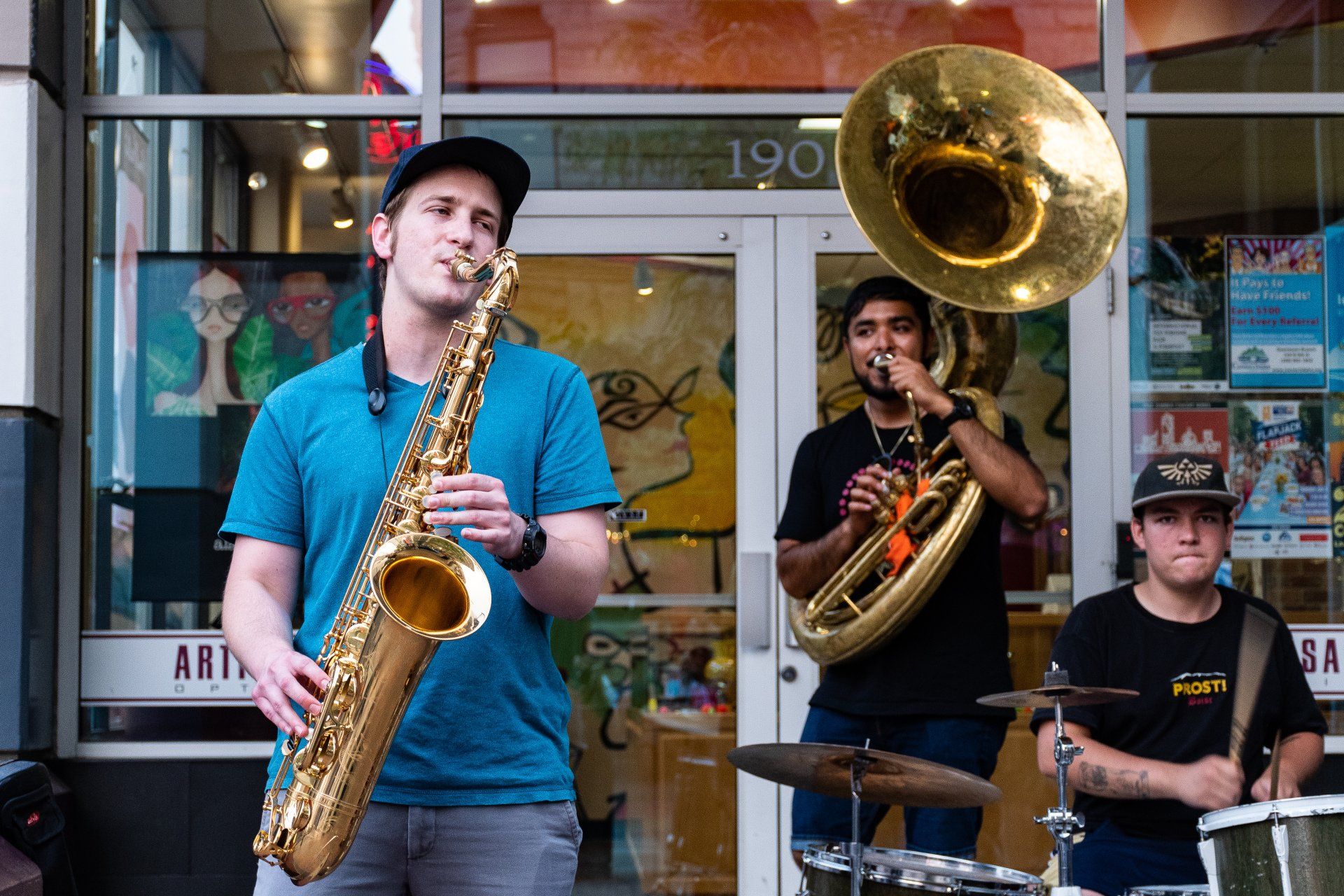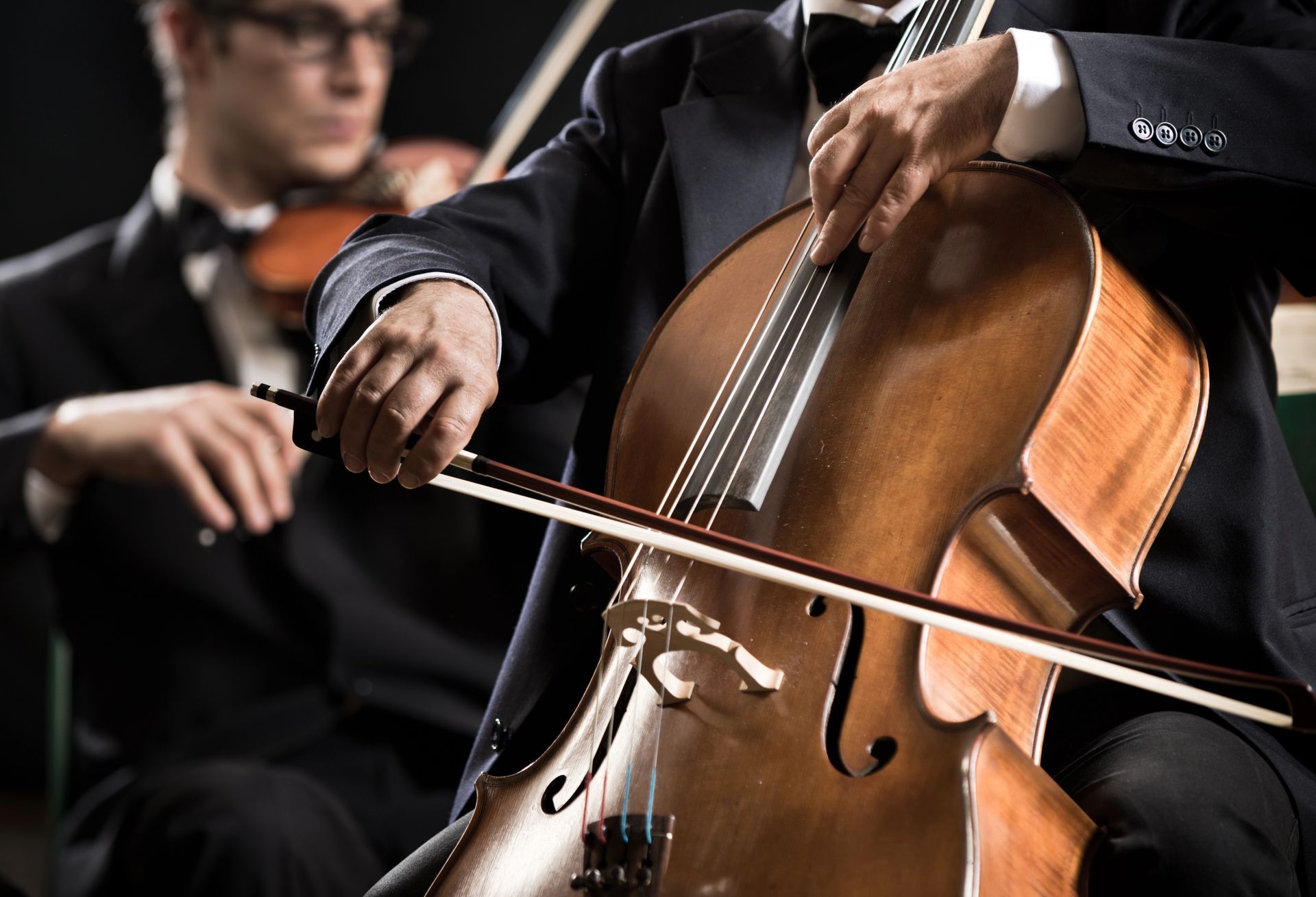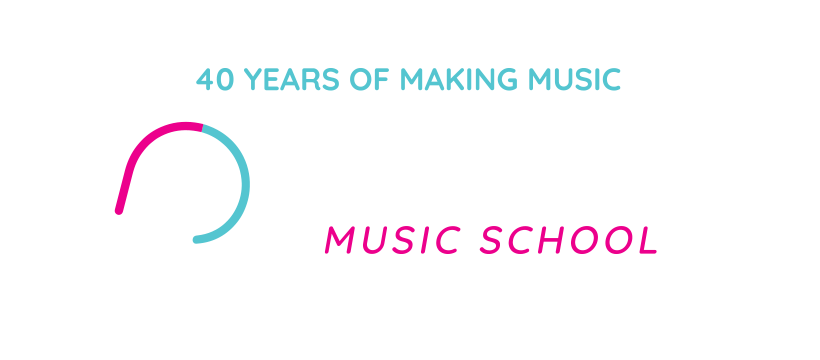The Power of Practice Strategies for Effective Music Learning
Practice is often seen as the key to success in any skill, and music learning is no exception.
In this article, we will explore the importance of practice in music education and effective strategies for practicing effectively.
From setting clear goals to utilizing visualization techniques, we will discuss how to overcome practice challenges and the role of repetition in mastering musical skills.
Join us on this journey to discover the power of consistent practice in becoming a skilled musician.
What is Practice?
Practice is a fundamental aspect of learning that musicians utilize to enhance their skills and create neural connectivity in the brain.Repetition of musical exercises not only refines motor skills but also strengthens the neural pathways associated with memory and muscle coordination. Focused practice stimulates the brain's plasticity, allowing for the development of new connections and pathways that improve overall cognitive function.
Students incorporating deliberate practice methods, such as breaking down complex pieces into smaller sections for meticulous mastery, often experience accelerated growth in their musical capabilities. By consistently engaging in purposeful practice, musicians can unlock their full potential and reach new heights of artistry.
The Importance of Practice in Music Learning
Understanding the importance of practice in music learning is crucial for musicians , as it not only enhances brain connectivity but also fosters continuous learning and skill development among students.Regular practice in music contributes to the development of neural pathways in the brain, which is essential for improving cognitive functions and memory retention. Through consistent rehearsal, musicians can refine their motor skills, enhance auditory processing, and strengthen their ability to interpret musical notes and rhythms.
Practice plays a significant role in shaping learning strategies and problem-solving approaches for students. It instills discipline, perseverance, and focus, all of which are critical qualities in mastering any musical instrument or genre.
How to Practice Effectively
Practicing effectively involves employing strategic skills, setting clear goals, and optimizing practice modes to make the most of practice time.
One key aspect of effective practice is the utilization of deliberate practice techniques, where individuals focus on specific skills and strive for continuous improvement. Establishing concrete goals is crucial as it provides a clear roadmap for progress and helps maintain motivation.
Switching between different practice modes, such as focused practice, distributed practice, and interleaved practice, can enhance skill acquisition and retention. Focused practice involves concentrating on one skill at a time, while distributed practice involves spacing out practice sessions over time.
Interleaved practice, on the other hand, involves mixing different skills or concepts during practice sessions to promote deeper learning and improved skill transfer.
Set Clear Goals
Setting clear goals in practice is essential for musicians to develop effective strategies and achieve desired results in skill improvement.Having clear objectives provides direction and focus during practice sessions. By defining specific goals, individuals can tailor their practice routines to address their weaknesses and capitalize on their strengths. This targeted approach not only enhances efficiency but also boosts motivation as progress becomes more tangible. Utilizing techniques like SMART goal setting - Specific, Measurable, Achievable, Relevant, and Time-bound - can further refine goals to ensure they are realistic and attainable.
As musicians consistently work towards their set targets, they experience incremental growth in their skills and performance quality, ultimately leading to overall improvement and proficiency in their craft.
Break Down the Music Piece
Breaking down a music piece during practice helps musicians focus on specific sections and address problem areas for targeted skill enhancement.By dissecting the composition into smaller segments, musicians can isolate challenging passages, intricate rhythms, or complex harmonies that require extra attention. This methodical approach allows for a more efficient use of practice time, as players can devote concentrated effort to ironing out any difficulties. Breaking down a piece enables performers to delve deeper into the nuances of phrasing, dynamics, and interpretation, leading to a more polished and expressive rendition. It also aids in building muscle memory and increasing overall familiarity with the material, contributing to a more confident and seamless performance.
Use a Metronome
Incorporating a metronome into practice sessions can help musicians maintain focus, improve timing, and enhance overall performance through rhythmic precision.Having a consistent beat to follow is essential for musicians striving to perfect their tempo and timing. The metronome serves as a reliable tool that helps players develop a strong inner sense of rhythm and groove.
Using a metronome encourages disciplined practice habits, as it nudges musicians to stay consistent and precise throughout their playing. This precision translates into performances that are more polished and engaging for listeners.
Focus on Problem Areas
Devoting attention to problem areas during practice enables musicians to hone specific skills, overcome challenges, and achieve mastery in those areas.By pinpointing weaknesses and addressing them head-on, musicians can undergo targeted improvement that translates into overall advancement in their craft. Breaking down complex passages or techniques allows for focused practice sessions that result in incremental skill enhancement. Identifying problem areas fosters a sense of determination and persistence, crucial qualities for navigating musical challenges. Embracing difficulties as opportunities for growth, musicians pave the way for not just resolving obstacles but emerging stronger and more accomplished performers.
Record Yourself
Recording yourself during practice sessions can provide valuable insights into your skills, performance quality, and areas that require improvement, aiding in effective self-assessment.
By capturing your musical practice through audio or video recordings, you gain the ability to objectively observe and analyze your technique, timing, pitch accuracy, and overall musical expression. Self-recording allows you to review your performance from different angles, helping you identify strengths to build upon and weaknesses to address.
- The act of recording and listening to yourself can enhance your critical listening skills, enabling you to pick up nuances and subtleties that may have previously gone unnoticed during practice sessions.
- The process of self-assessment through recordings encourages a continuous cycle of improvement, motivating you to set specific goals and track your progress over time.
The Role of Repetition in Practice
Repetition plays a vital role in practice for musicians, facilitating learning processes , enhancing muscle memory, and promoting skill retention over time.Through repetition, musicians are able to reinforce neural connections in their brain that are essential for mastering complex musical pieces. By repeatedly practicing, whether it's scales, chords, or entire compositions, musicians not only improve their technical abilities but also develop a deeper understanding of the music they are playing. This deep understanding leads to a more authentic and expressive performance, as the musician is able to convey the emotions and nuances of the music with greater fluency.
The 10,000 Hour Rule
The 10,000 Hour Rule posits that practicing a skill for approximately 10,000 hours is essential for musicians to achieve mastery and proficiency in their craft.This theory was popularized by Malcolm Gladwell in his book 'Outliers,' where he highlighted how individuals who accumulate 10,000 hours of deliberate practice tend to excel in their field. For musicians, dedicating extensive hours to playing instruments, studying music theory, and refining techniques plays a crucial role in honing their craft.
The process of accumulating this substantial practice time involves consistent and focused effort over an extended period. By investing time in deliberate practice, musicians not only enhance their technical skills but also develop a deep understanding of musical nuances, fostering creativity and expression.
The Power of Muscle Memory
Muscle memory, developed through repetitive practice, enables musicians to perform complex movements and sequences with precision and automaticity, enhancing overall skill execution.Developing muscle memory involves the brain creating neural pathways that become stronger and more efficient with practice.
With consistent repetition, these pathways facilitate quicker and more accurate execution of musical techniques, allowing musicians to focus on expression and artistry rather than the mechanics of playing.
Incorporating deliberate practice techniques, such as slow and focused repetition, can help solidify muscle memory and improve movement fluidity.
Practicing with Purpose
Practicing with purpose involves engaging in mental practice and utilizing visualization techniques to enhance learning, improve performance, and develop a focused mindset.
By incorporating strategic mental rehearsals and imagery, individuals can condition their brains to react effectively in real-life scenarios, fostering quicker decision-making and honing muscle memory. This deliberate approach to practice not only refines technical skills but also nurtures the attitude and perspective necessary for success. Embracing setbacks as learning opportunities and maintaining a growth-oriented mindset are vital components in the journey of purposeful practice. Ultimately, committing to this comprehensive process of mental and physical training leads to sustainable improvement and mastery in any chosen field.
Mental Practice
Engaging in mental practice allows musicians to rehearse performances, reflect on their skills, and simulate practice scenarios mentally, fostering cognitive engagement and skill development.Through mental practice, musicians can meticulously envision their play, refining movements, and techniques without the physical strain of actually playing the instrument. This form of rehearsal offers a unique opportunity to address specific challenges, such as tempo control or expression, in a controlled environment, leading to enhanced proficiency when it comes to actual performance.
Mental practice encourages self-reflection, enabling musicians to assess their strengths and weaknesses objectively. This introspection serves as a crucial tool for improvement, guiding individuals towards targeted areas for skill enhancement and growth.
Visualization Techniques
Utilizing visualization techniques during practice enables musicians to create mental images of successful performances, cultivate a positive mindset, and enhance their overall practice routine.When musicians engage in visualization exercises, they are not just imagining playing their instrument; they are mentally immersing themselves in the music, feeling the rhythm, hearing the notes, and envisioning a flawless execution.
Through consistent visualization , musicians can develop a confident and focused mindset , which is crucial for overcoming performance anxiety and maintaining composure on stage.
Incorporating visualization into their practice routine helps musicians optimize their time by rehearsing efficiently in their mind before executing physically, resulting in improved muscle memory and performance accuracy.
Practice Away from the Instrument
Engaging in practice away from the instrument allows musicians to engage in self-regulated practice , mental rehearsal , and skill reinforcement , promoting holistic skill development.Self-regulated practice involves setting specific goals, tracking progress, and reflecting on performance, enhancing overall discipline and focus. Mental rehearsal techniques, such as visualizing playing pieces or hearing music mentally, help musicians reinforce neural pathways and improve memorization. This form of practice also aids in reducing performance anxiety and building confidence.
Skill reinforcement through activities like rhythm or ear training away from the instrument can solidify musical concepts and improve overall proficiency. By incorporating these off-instrument practices regularly into their routine, musicians can achieve a well-rounded mastery of their craft.
Overcoming Practice Challenges
Overcoming practice challenges involves addressing issues such as frustration, finding motivation, and effective time management to optimize practice sessions and achieve desired outcomes.
One effective strategy to tackle frustration during practice sessions is to break down the goals into smaller achievable tasks. By setting realistic milestones, it helps in maintaining a sense of progress and accomplishment, thereby reducing frustration levels. Incorporating positive affirmations and visualization techniques can boost motivation by channeling positive energy towards the practice.
Proper time optimization can be achieved by creating a structured schedule with designated practice slots, minimizing distractions, and utilizing tools like timers or apps to track and manage time effectively.
Dealing with Frustration
Dealing with frustration in practice requires musicians to adopt a positive mindset, resilience, and adaptive strategies to transform challenges into growth opportunities and maintain motivation.
One effective approach to managing frustration in practice involves developing a growth mindset .
This mindset allows musicians to view setbacks as opportunities for learning and improvement rather than as obstacles. By embracing a growth mindset, individuals can cultivate a sense of resilience that helps them bounce back from frustration, setbacks, and failures.
Practicing self-compassion and acknowledging progress, no matter how small, can help maintain motivation during challenging practice sessions.
Finding Motivation
Finding motivation in practice involves aligning personal goals, setting milestones, and cultivating a sense of purpose to sustain enthusiasm, drive progress, and enhance performance outcomes.
One effective approach to boosting motivation among musicians is to establish clear and achievable goals that resonate with their aspirations. By breaking down these overarching goals into smaller milestones, musicians can track their progress more easily, leading to a sense of accomplishment and momentum. Tying these goals to a greater purpose, such as expressing emotions through music or connecting with the audience, can imbue practice sessions with deeper meaning and significance.
Managing Time and Scheduling
Effective time management and scheduling are essential skills for musicians to optimize practice routines, plan productive sessions, and achieve consistent progress in skill development.By exercising strategic planning and organizing practice sessions effectively, musicians can make the most of their valuable practice time. Setting specific goals and breaking them down into manageable tasks can help in staying focused and tracking progress. Dividing practice sessions into focused segments, incorporating breaks to avoid burnout, and utilizing tools like metronomes or online apps for time tracking can enhance productivity. Maintaining a regular schedule and allocating dedicated time slots for different aspects of skill development can lead to steady improvement and overall efficiency in practice."
Conclusion: The Importance of Consistent Practice
Consistent practice is the cornerstone of achieving effective results for musicians, as it fosters skill development, enhances performance quality, and cultivates a disciplined practice behavior.Repeated practice sessions help musicians fine-tune their technique, broaden their musical repertoire, and enhance their interpretative skills.
Regular practice instills confidence, reduces performance anxiety, and paves the way for seamless execution during live performances.
Consistent practice also aids in overcoming challenges, mastering difficult passages, and ensures a deeper understanding of the music being performed.
By dedicating time to consistent practice, musicians pave the path towards excellence, standing out in the competitive world of music with their exceptional abilities






FRESNO LOCATIONS
HOOVER
769 E Barstow Ave, Fresno, CA 93710, United States of America
FORT WASHINGTON
9423 N Fort Washington Ste. 104, Fresno, CA 93730, United States of America
Subscribe to our newsletter to find out about new classes, workshops and promotions.
We will get back to you as soon as possible
Please try again later



